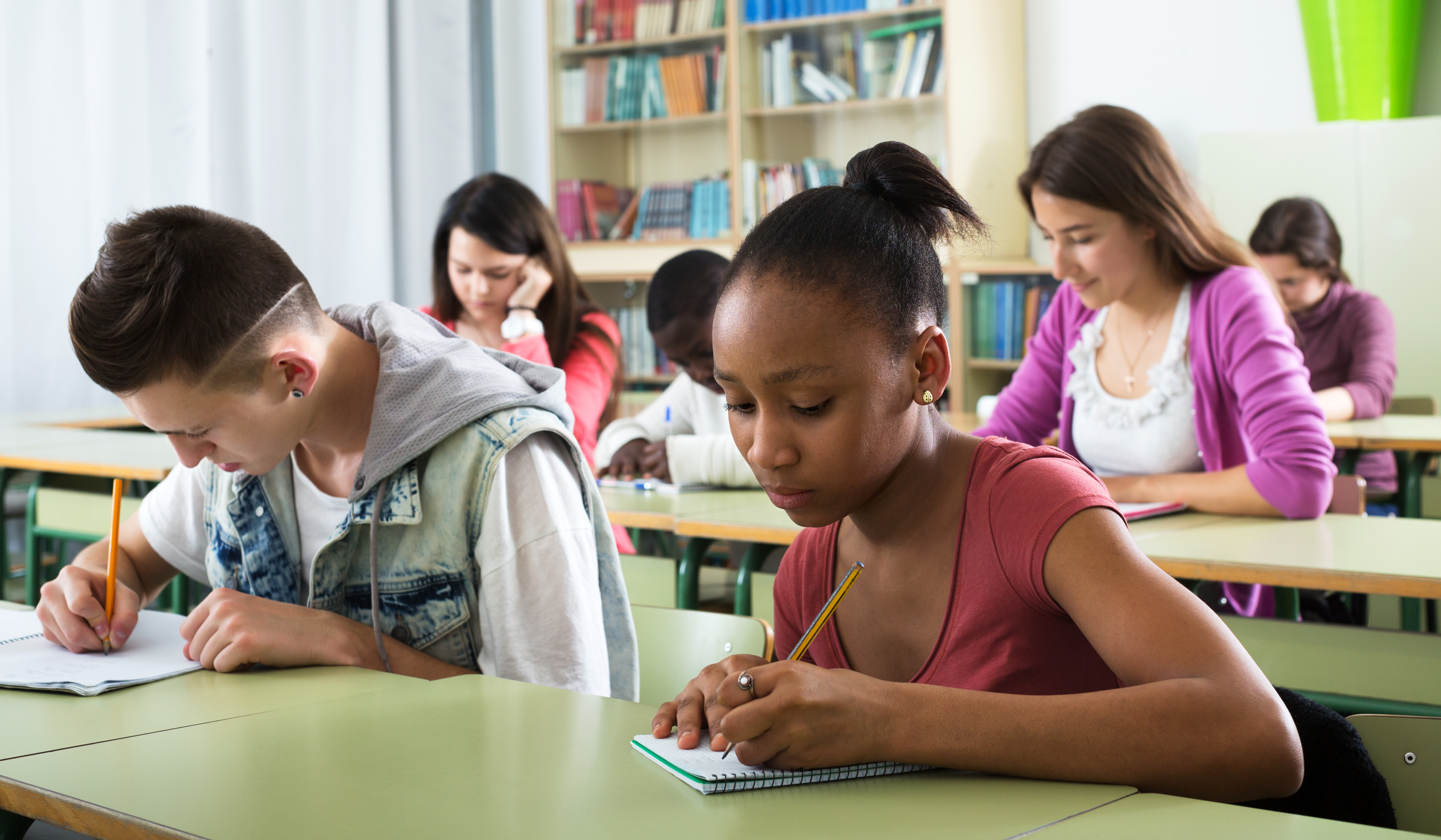Michigan’s Social Studies Standards: A Curriculum for all Michiganders

As a historian who has taught U.S. history at the collegiate level, I recall the words of my first mentor, the late Dr. Rodolfo Rocha who would tell the class, “I have fifteen weeks to undo what twelve years of public education has denied you.” The social studies standards in Texas had castigated Mexicans and Mexican Americans as the enemy and portrayed them in the textbooks as bandits, lazy, and as foreigners in their own lands. Students in predominantly Mexican American South Texas grew up with limited appreciation of their culture and history. Recently, proposed textbooks in Texas stated that Chicanos wanted to destroy American society, while other texts described African American slaves as immigrants. These teachings speak to the intolerance and hatred that plagues the nation as every day we see the brutalization of black and brown people by law enforcement and citizens alike. Most recently, a white nationalist terrorist who felt emboldened to respond with violence against the browning of the population in Texas committed the massacre in El Paso.
Proponents of racial and cultural tolerance often use the simplistic cliché, “The United States is a nation of immigrants,” to condemn racial bigotry as they strive for a more inclusive environment. Whether or not people consider their ancestors immigrants is beside the point, as diverse communities of working peoples have contributed to both the development and preservation of the U.S. across time. Yet, this rich history typically is underrepresented, if not completely ignored, in the Kinder-12th grade social studies curriculum. The roles, sacrifices, and contributions of these diverse communities have not always been included in the popular histories of the U.S. On the contrary, there have been attempts to erase or intentionally omit their vast contributions. Most recently, conservative members of state legislatures in numerous states have made attempts to curb social studies curricula, making them less reflective of the historic struggles for inclusion and equality in society.
In Michigan in 2018, former Republican State Senator Patrick Colbeck proposed changes to the social studies standards that would reduce or erase topics such as the NAACP (National Association for the Advancement of Colored People), the Ku Klux Klan, numerous immigrant groups, the LGBTQ community, Roe v. Wade, and climate change. Democrats countered with social studies standards that were more reflective and inclusive of all Michiganders and these standards passed in a 6-2 vote in June. Conservatives argued that the social studies standards passed by Democrats had a liberal slant, were biased against Christians, and that Michigan families did not agree with them. The conflict over the social studies standards goes beyond the cultural war currently occurring in the U.S. and is reflective of the highly polarized political atmosphere the country is enduring.
The education system is impacted by this extreme polarization as conservatives already have a plan to combat the newly passed standards that are to be adopted in the 2020-2021 academic year. “It’s clear these (standards) are biased to the left,” said Republican member of the Michigan Board of Education, Tom McMillin. “The result is not what everyone at this table wants—it’s going to (result in) less support for public education, more people pulling their kids out (of schools).” McMillin threatens with an attack on the funding of public education which already has been under assault under the neoliberal model that has supported charter schools to the detriment of public schools.
This financial assault has led to the decline of public education throughout Michigan and has deeply hurt our communities. While many schools are in shambles, where teachers often work in unsuitable environments and students feel like they are merely being warehoused, conservative politics and budget cuts have had a damaging impact on Michigan’s education system, which cannot afford further debilitation. As Michiganders prepare for a new decade, they should be mindful of the challenges they are confronting in public education. Neighborhoods may be changing but the aspirations of new neighbors remain the same. Everyone wants the best education for their children and that means having a strong and effective public education system that is inclusive of all.
